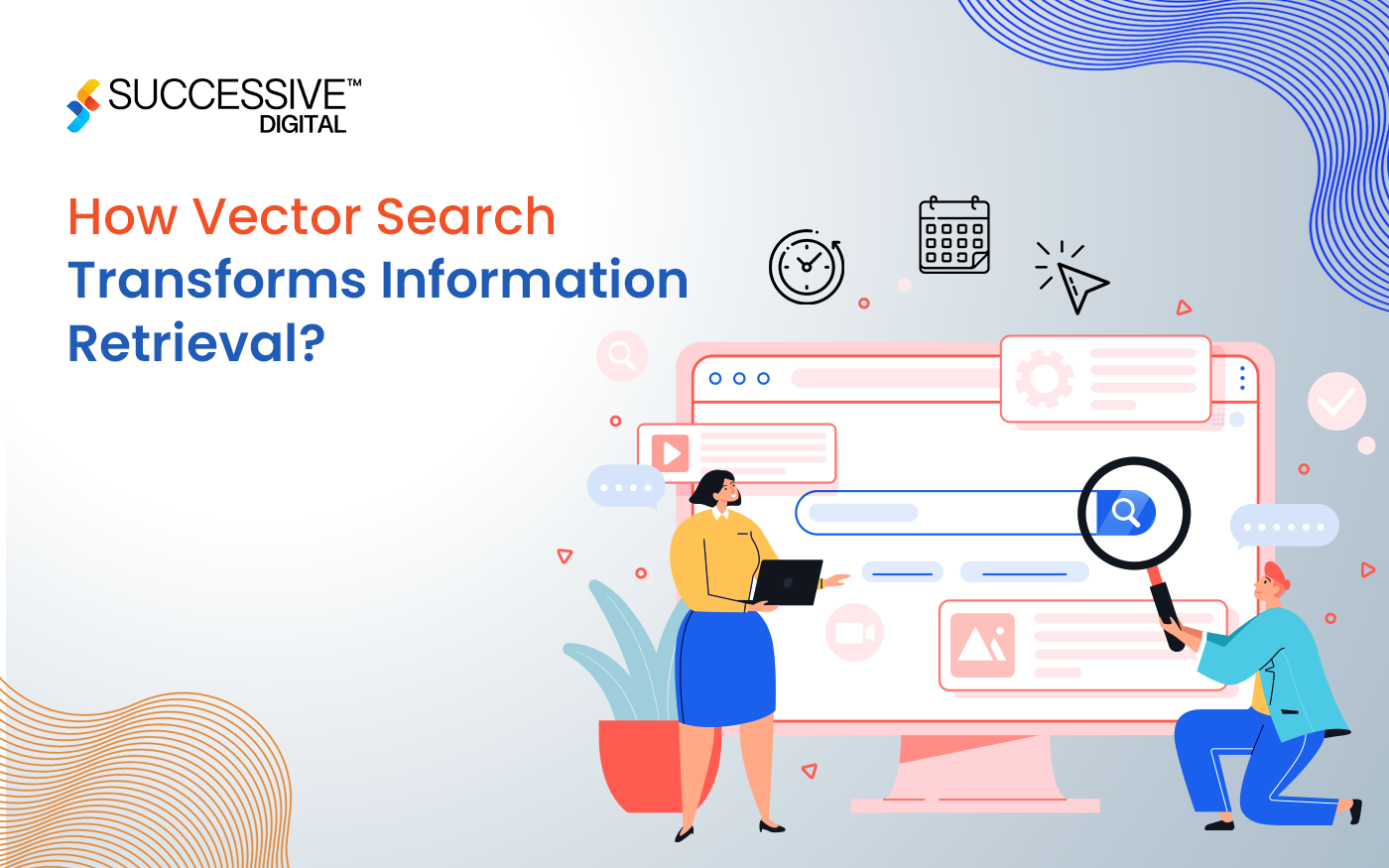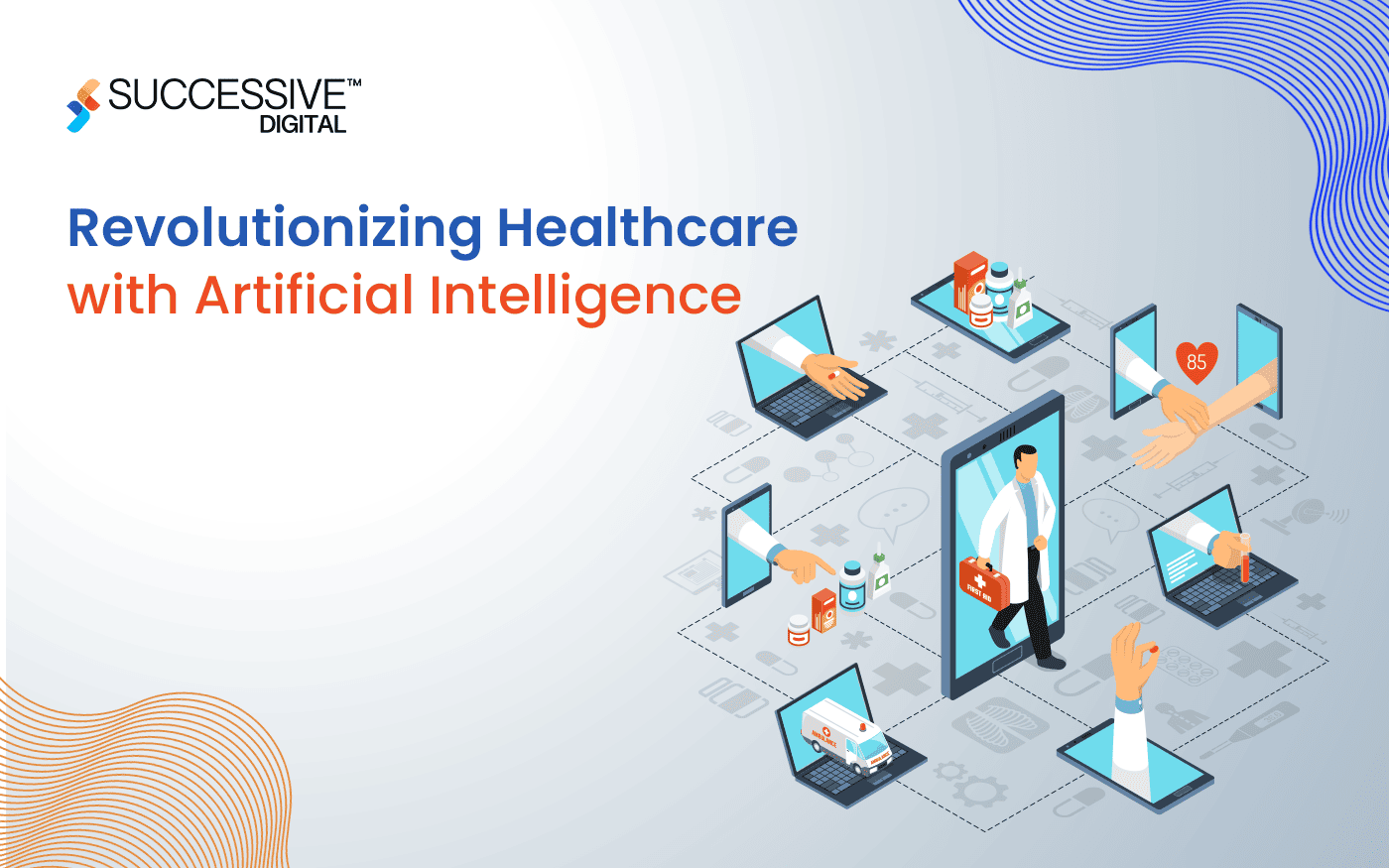Transport management system (TMS) are integral for orchestrating products’ efficient and reliable movement. However, the complexities of managing logistics—ranging from fluctuating demand to dynamic route-making plans—require more than just conventional techniques. Artificial Intelligence (AI) has emerged as a transformative force in the global transport management system, providing advanced tools that enhances decision-making, optimizes operations, and decreases costs. By integrating AI in transportation, companies can obtain unprecedented performance tiers, allowing real-time data analysis, predictive insights, and automation across various facets of transportation management crucial for seamless logistics and distribution operations.
This blog explores into five vital methods AI can use to enhance the transport management system, along with applications of Generative AI. These advancements not only streamline strategies for companies; however, they additionally offer a competitive edge in an increasingly more complicated and challenging transportation space, positioning businesses to meet customer expectations and navigate the challenges of present-day logistics.

-
Route Optimization and Predictive Analysis
Optimizing transportation routes to reduce operational costs and delivery time while enhancing usual performance is one of the most pressing challenges in transportation management. Traditional route-making plan techniques, which generally depend upon old information and predetermined guidelines, often fail quickly when confronted with real-time variables such as site visitor congestion, weather adjustments, and fluctuating vehicle availability.
AI-powered algorithms, especially those driven by AI applications in transportation and machine learning (ML), provide solutions by analysing data sets in real-time to determine the best routes. These algorithms consider dynamic elements such as current visitor situations, closures, and weather forecasts, allowing transport management system to conform routes as occasions alternate. For instance, AI in logistics and transportation can predict site visitor congestion during peak hours and propose alternate routes or shipping to mitigate delays.
Moreover, AI-driven predictive analysis enables organizations to anticipate demand trends, thereby facilitating more efficient resource planning, including fleet utilization and fuel management. By forecasting peak season, companies can allocate resources more effectively, leading to cost savings and improved service levels.
For instance, let us consider the use of Generative AI in route planning
Generative AI elevates route optimization by creating simulations of different routing eventualities under numerous constraints. For example, it may simulate conditions where climate conditions get worse and consider more than one routing option, allowing companies to broaden contingency plans and decrease disruptions. This proactive control of routes notably improves a TMS’s resilience and adaptability.
-
Real-Time Monitoring and Predictive Maintenance
Fleet maintenance, a significant cost, can be made more efficient and cost-effective with AI in transportation. Unlike conventional methods like scheduled preventive maintainable, AI in logistics and transportation introduces a dynamic approach through predictive method. This approach, based on real-time data and analytics, determines the optimal timing for maintenance activities, thereby reducing costs and improving fleet performance.
AI applications in transportation plays a proactive role in fleet management by constantly monitoring the fitness of vehicles. Using data from sensors within the fleet, AI systems can identify early signs of potential issues, such as engine wear or tire degradation, long before they lead to vehicle breakdowns. By predicting when a vehicle is likely to need maintenance, teams can perform the necessary work at the optimal time, reducing downtime and cutting maintenance costs.
Moreover, AI can refine renovation schedules by analysing automobile usage patterns and comparing this data with historical maintenance information. This method ensures that vehicles are serviced at the most suitable times, increasing fleet availability and operational reliability.
Use Case: Generative AI in Predictive Maintenance
Generative AI can simulate the variety of maintenance scenarios, allowing companies to assess different strategies and their effects on fleet availability and charges. For example, it may generate scenarios in which unique maintenance durations are tested, assisting in locating the ideal balance between minimizing prices and maximizing vehicle uptime. This capability helps with excellent strategic decision-making and ensures better resource allocation.
-
Improved Customer Experience with AI-Powered Personalization
In the aggressive transportation and logistics space, customer experience is vital. Leveraging advanced technologies can drastically elevate this experience by enabling personalized interactions and enhancing digital exchange.
By using ai applications in logistics and data analysis, companies can gain deeper insights on their clients’ choices and behaviors. This allows them to provide customized delivery alternatives, advocate perfect transport instances, and choose the best conversation channels. For example, based on past order patterns and choices, companies can advise delivery windows that align with individual’s needs, thereby improving satisfaction and loyalty level.
Moreover, sophisticated chatbots and digital assistants play a critical role in improving customer communication. These tools provide real-time updates and manages an increasing number of inquiries instantly. They can correctly manage tasks ranging from monitoring shipments to addressing customer queries, which improves performance and consumer experience.
Use Case: Customized Conversation.
Understanding how Ai is used in transportation companies can generated tailers messages and updates for their customers depending on their profile and level of interaction. transportation and logistics landscape, maintaining advanced customer experience is crucial. This is particularly valuable in complex logistics scenarios where precise, timely communication is essential to maintain and build customer trust.
Conclusion
Artificial intelligence is revolutionizing transport management systems by introducing groundbreaking solutions that improve performance, decrease costs, and enhance decision-making processes. By leveraging AI in transportation, businesses can streamline various components of their operations, including optimizing routes, forecasting preservation needs, and personalizing consumer interactions. Those improvements allow companies to function more effectively and maintain an aggressive facet in the global transportation industry.












